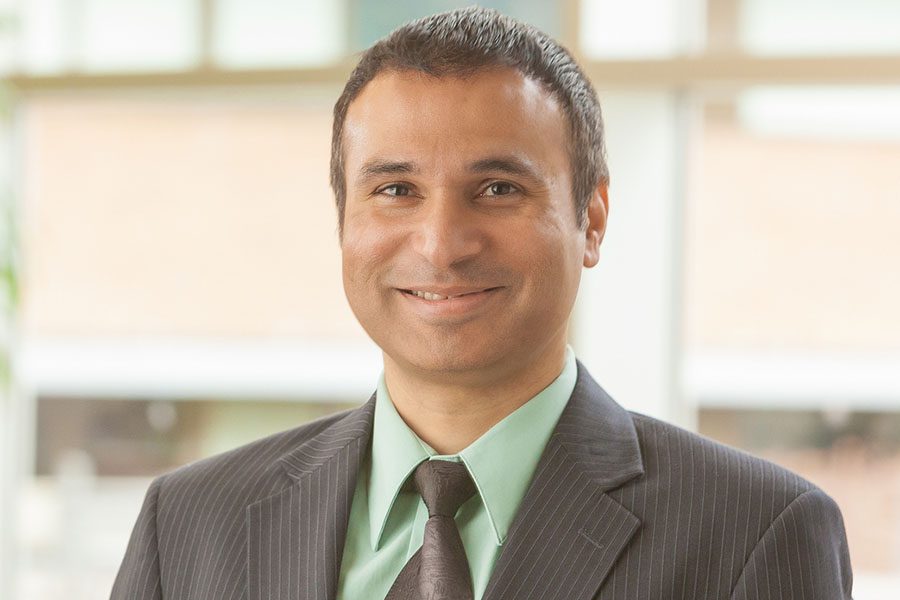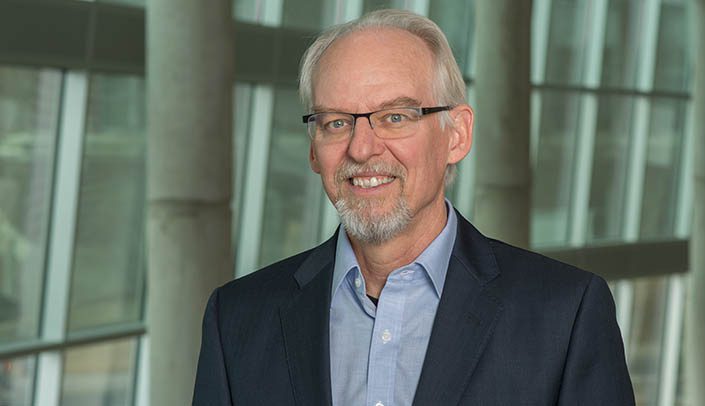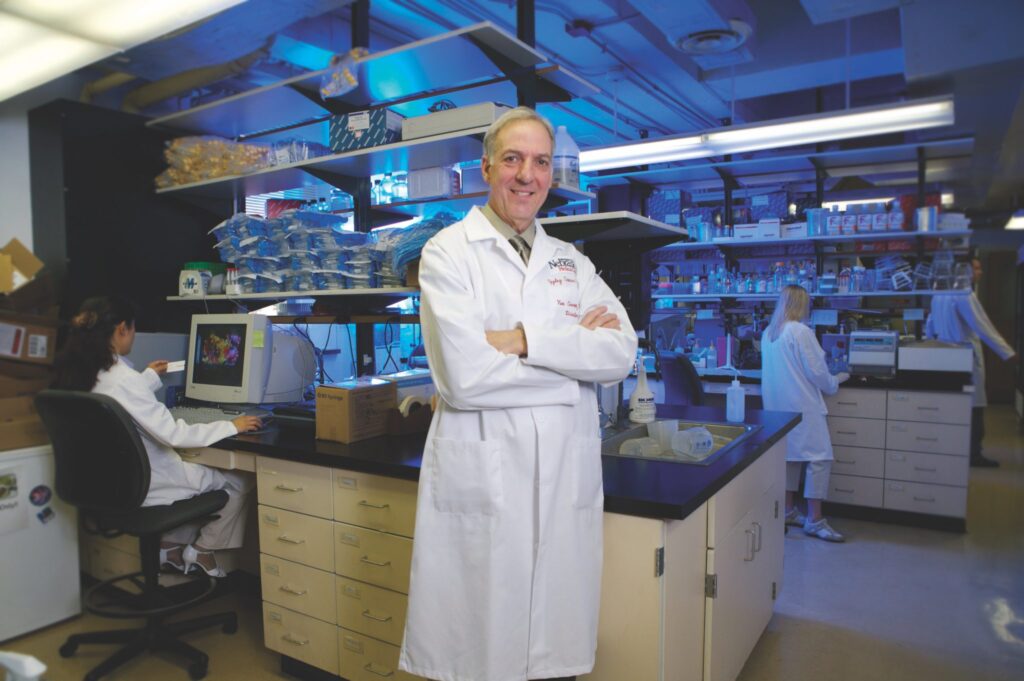Diabetes On Track Aims to Turn the Tide on High Diabetes Rates, Especially in Rural Communities
By Connie White
Go anywhere in rural America, and you’re likely to find someone struggling with diabetes. Someone’s friend. Someone’s wife. Someone’s grandpa.
Nebraska is no exception. An estimated 10% of Nebraskans are living with diabetes, and 35% have prediabetes, with much of those numbers concentrated in rural areas. Thanks to a generous private gift, the University of Nebraska Medical Center and Nebraska Medicine recently launched Diabetes On Track.
The initiative seeks to improve diabetes care and prevention by piloting a new approach in two rural Nebraska communities. Launched this fall, the idea is for communities to tailor their own solutions through collaboration among health departments, health clinics, hospitals and community groups.
The program was made possible by a $7 million gift from the Diabetes Care Foundation of Nebraska.
“We are very excited to be involved in the development of such a critical program,” said Cyrus Desouza, MBBS, an endocrinologist and chief of the UNMC Department of Internal Medicine Division of Diabetes, Endocrinology and Metabolism. “The prevalence of diabetes tends to run higher in rural communities along with worse outcomes.”
A model for rural areas
The hope, Desouza said, is to create a rural model for use across the country.
Diabetes is a chronic medical condition that affects how the body metabolizes food and utilizes glucose. When someone has diabetes, the pancreas either doesn’t make enough insulin to push the glucose from the blood vessels into the cells, or the body doesn’t respond as it should to insulin.
The risk of developing Type 2 diabetes increases with age and if a person has a family history of the disease. There is no cure, but a healthy lifestyle can help delay or prevent it.
Desouza is a principal researcher along with David Dzewaltowski, Ph.D. Desouza is also a medical doctor who treats diabetes patients. Dzewaltowski is a public health expert in the UNMC College of Public Health focused on communities and social determinants of nutrition, physical activity and obesity.
Desouza said patients can’t control their diabetes by just taking a pill. They need an understanding of factors affecting glucose and insulin, including exercise, food, stress and illness. Eighty percent of the control is in the patient’s hands. Uncontrolled diabetes can have severe consequences, including heart attack, stroke, blindness, kidney failure, amputations and death.

“It has to be managed every day,” he said. “The more the patient knows about this, the easier it is.”
Community-driven solutions
Dzewaltowski said that, from a public health perspective, addressing the problem begins with understanding that community characteristics, such as access to healthy food, physical activity and health care, contribute to differences in local prediabetes and diabetes rates.
If those community characteristics are not dealt with through a “whole of community change,” the root causes will never be addressed, he said.


Community solutions involve partnering with local organizations to understand the services available for diabetes prevention, screening and care management. A local coalition can then form to investigate what’s working and design solutions.
Wayne, with nearly 6,000 people in northeast Nebraska, and Hastings, with 25,000 people in central Nebraska, were selected for the two-year pilot project. The initiative will focus on adults in the communities with prediabetes or Type 2 diabetes. Prediabetes means a person has a higher-than-normal blood sugar level.
Tools to get on a healthy track
The initiative’s name, Diabetes On Track, reflects the goal: to create communities that help people with diabetes get on a healthy track through food, physical activity, technology and education.
Tools can include wearable home glucose monitors that can be read via a cell phone or watch, certified diabetes educators to meet with patients, and telehealth services. The initiative also is focused on ensuring that all residents, especially those at risk for diabetes, stay on track to make healthful lifestyle choices and prevent diabetes.
Desouza said the hope is to expand the program to other communities, as additional public and private funding is secured.
The gift provides $5 million for the initial phases and $2 million to create a permanent endowment, the Dr. Timothy Wahl Presidential Chair in Diabetes Education, Care and Research Fund. Tim Wahl, M.D., is a longtime practicing endocrinologist in Omaha who serves on the Diabetes Care Foundation Board of Directors. He also is a University of Nebraska Foundation trustee.
Dzewaltowski said he feels optimistic the initiative will lead to positive health outcomes by bringing local people together to create solutions that work for their Nebraska communities.
“We are really taking this as a community-driven approach, rather than a top-down approach,” he said. “This effort will keep people out of the hospital and lead to a better quality of life.”






